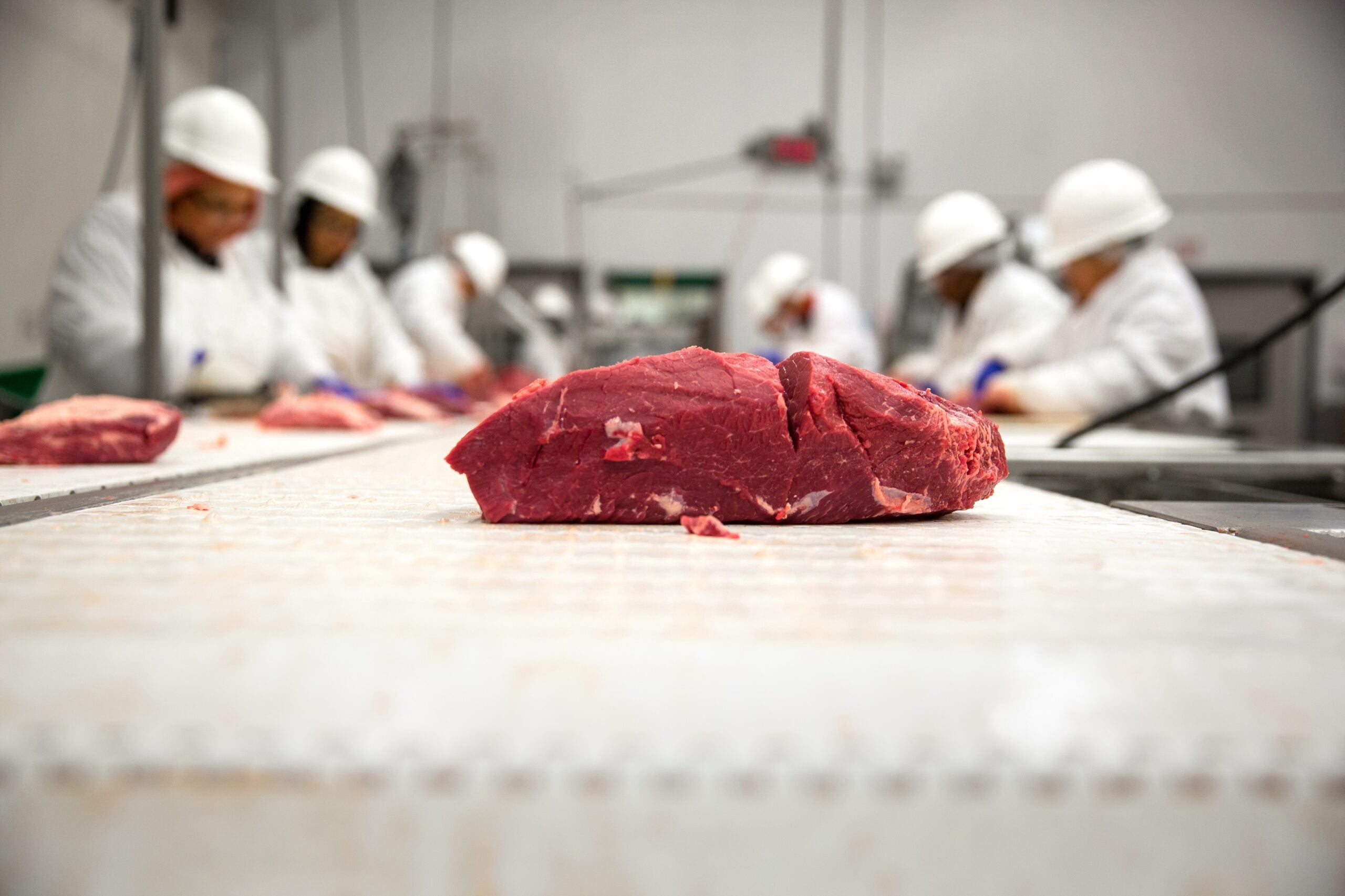
An independent review into labour issues impacting the English food industry has made a series of recommendations, including greater access to migrant labour.
Its conclusions have been welcomed by organisations representing the food and agri-food industries.
The Independent Review of Labour Shortages in the Food Supply Chain was compiled by a panel of food industry veterans led by G’s Fresh Group chairman John Shropshire on behalf of the UK government’s Department for Environment, Food and Rural Affairs (Defra).
The UK government has come under pressure to take action to alleviate labour shortages, which have been cited as a factor in shortages on supermarket shelves.
Experts on the review panel looked at “key challenges related to recruitment, retention, skills, automation and the balance of trade, shedding light on the complexities faced by the industry”.
Reporting today (30 June), it has made ten recommendations to help tackle those challenges with perhaps the most eye-catching being linked to the lack of workers from overseas being available to UK agri-food businesses.
While not mentioning the word Brexit in its foreword, the report’s authors pointed out the industry’s difficulties include “reduced access to workers from the European Union”.
It added: “Access to migrant labour has been crucial for filling labour gaps in the food supply chain but acquiring migrant labour has become increasingly challenging.”
Its recommendation in this area is to overhaul the Seasonal Worker Scheme, which has been criticised by agri-food businesses for being unfit for purpose.
“It is vitally important that the replacement of the Seasonal Worker visa scheme pilot is announced by the end of 2023 to ensure industry has enough workers to maintain domestic food production levels,” the report said.
“To give businesses the confidence to invest, the new scheme must be guaranteed for a minimum term of five years or until a time when, using labour market intelligence, the government is confident seasonal workers can be sourced from the domestic workforce.
“Consideration must be given to lifting or removing the cap on the total number of visas [and] visas need to last nine months to account for longer harvesting periods with a three-month ‘cooling off’ interval.”
It added: “The processing of visas needs to be more resilient to guarantee that workers are available at the start of the harvest season to prevent serious crop shortages as in 2022.”
The report’s authors have also called for the creation of a strategy to enhance the attractiveness of the food industry – including communication campaigns targeted at changing public perception about the sector – and campaigns targeted at changing public perception about the sector for UK-domiciled staff on the understanding it is an investment rather than simply an expenditure.
They also want to see reform of the Apprenticeship Levy as a means to improve the skills of the workforce, building on the Skills Supply Collaboration initiative and supporting food career curriculum delivery.
It is also calling for Defra, in partnership with the Office for National Statistics and the Department for Education’s Unit for Future Skills, to produce a workforce data strategy and to incentivise automation as a productivity-enhancing measure.
An innovation “moonshot”
Its final two recommendations are to advance automation knowledge and to take a “moonshot” approach to innovation.
In their foreword, the report’s authors said: “The expert panel believes that the recommendations presented in this report have the potential to drive positive change and we call on each stakeholder to carefully consider the evidence and insights we have gathered.
“By working together to implement these recommendations, we can make significant strides towards resolving the challenges faced by the industry and creating a more resilient food supply chain.”
The report has been welcomed by bodies representing the UK’s agri-food industries.
National Farmers’ Union deputy president Tom Bradshaw said: “We are pleased to see the independent panel recognises that action is needed to improve British farmers’ access to a skilled and motivated workforce.
“Ensuring we have enough workers, both permanent and seasonal, is essential to maintaining domestic food security and providing British consumers with high quality, nutritious, climate-friendly food.
“Our own recent survey looking at worker shortages across the agriculture industry shows that 41.1% of respondents reduced the amount of food they produced due to being unable to recruit the essential workforce needed.
“The horticulture and poultry sectors have been severely impacted by worker shortages in recent years, and we welcome the panel’s recommendation to secure the Seasonal Workers Scheme beyond 2024. We have been calling for a long-term five-year rolling scheme to guarantee businesses have the certainty they need to continue producing food.”
Karen Betts, chief executive of The Food and Drink Federation, said: “We welcome this considered report which rightly focuses on the unprecedented challenges the food and drink industry faces in recruiting talent, up-skilling our workforce and investing in technology, while maintaining a sustainable and resilient supply chain that ensures a wide range of nutritious food and drink is available across the UK at affordable prices.”
Read more: Can’t get the staff – the food industry’s labour pains
